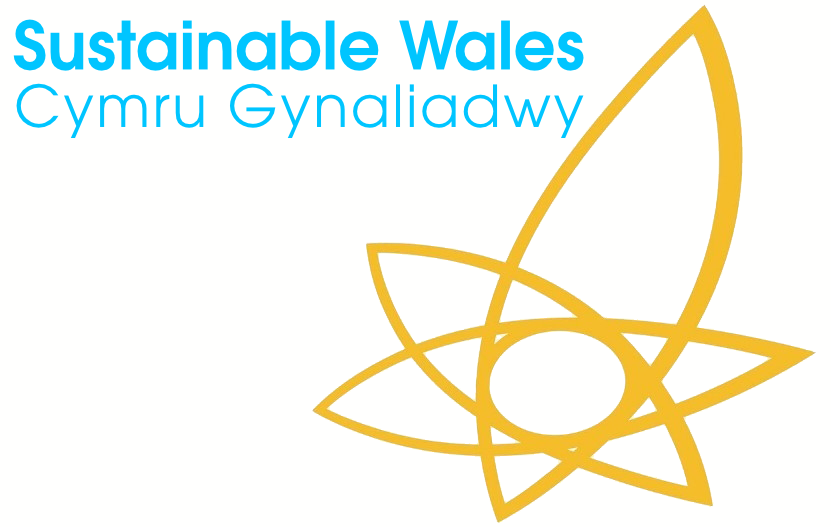Interest in permaculture has risen remarkably in recent years, alongside our developing ecological awareness, and a demand for locally and ethically sourced and organic foods. Permaculture enthusiasts claim that by carefully working in partnership with nature, rather than attempting to dominate and eradicate it, we can increase yields, improve soils and biodiversity, abolish waste, and dramatically enhance our quality of life. It’s a “system of design,” according to Geoff Lawton, “that provides all the needs for humanity in a way that benefits the environment.”
The typical permacultural farm resembles a “food forest.” Mutually beneficial crops are grown mixed together, farm design is innovative, flexible, attuned to existing ecosystems, and often built with further community needs in mind. The idea of “community” often extends to include other species: enhanced biodiversity is a core feature of the system. Indeed, permacultural principles are not limited to agriculture, but constitute an ethic that can be applied to all aspects of human life, from design and technology, to education, economics, politics and so on.
“Small and Slow Solutions” is a guidebook that applies permacultural design principles to contemporary Wales, focusing on a school project in Llanfyllin, Powys, funded by the EU and the Welsh government. The authors supply the context: the Paris Agreement in 1992 was a missed opportunity. Our generation failed to make the changes that we knew were essential to halt climate change. Now, the buck has been passed on, the crisis has escalated dramatically, and it is the next generation who must shoulder the burden. The most recent UN IPCC report has made clear that we have ten years within which to make the radical social changes necessary to avert climate breakdown, and the mass extinction of life on earth. The authors note that even this report is conservative, and hasn’t factored in feedback loops, and other data that make our situation even more desperate.
Despite all this, “Small and Slow Solutions” is admirably calm in tone, realistic yet confident in its message, and focuses on practicalities. If governments are inactive, their hands bound, what can our communities do? This is where the book comes alive, and with children at the heart of its message, it becomes an inspiring call to action. The solution is in our own backyards, in our communities, our schools, our parks, our waste grounds, in our collective imagination, and in the natural need that children have to play, and to explore. By learning and applying permacultural ideas, the authors demonstrate that natural growth, in harmony with nature, is self-sustaining, communally enriching, life-enhancing and provides accessible and realistic solutions to our many problems. As Greta Thunberg has noted, “The climate crisis has already been solved. We already have all the facts and solutions. All we have to do is to wake up and change.”
The book is an excellent resource, well organised, split into practical units and suggested activities, supplemented with colour photographs and useful graphs and tables. It is packed with inspiring quotes, advice, and case studies, and backed up by an online library of very informative films. The permaculture of “Small and Slow Solutions” invites us to stop being mere consumers of resources, and to become instead producers, sources of abundance. Read this book, and you’ll know how to begin.
It’s clear that in order to make the necessary changes, to deal with climate change, to halt the rapid death of the oceans, and the mass extinction of irreplaceable species, a swift transition to an emergency footing is required. “Dig for Victory” is a slogan we’ve made use of in the past. We must dust if off and use it again. We should have done so yesterday, we can’t wait for tomorrow, so let’s make a start today. “Slow and Small Solutions” is the guidebook we need. It’s not just for teachers and environmentalists. Everyone who believes our children deserve a future should read it.
Kristian Evans
A pdf file of “Small and Slow Solutions – permaculture in school and community” by Steven Jones, Jack Hunter, and Angharad Rees can be downloaded here.

